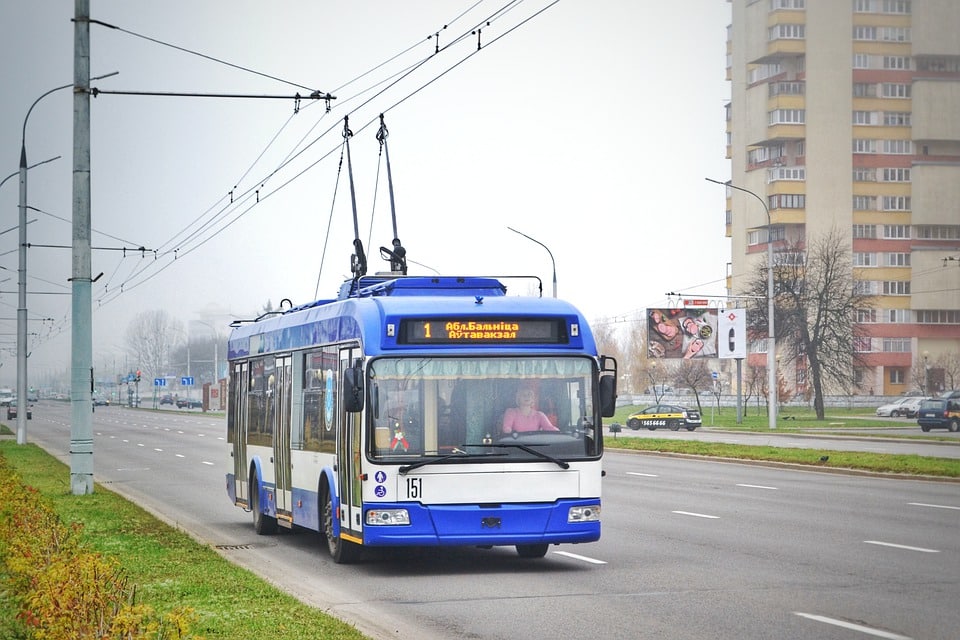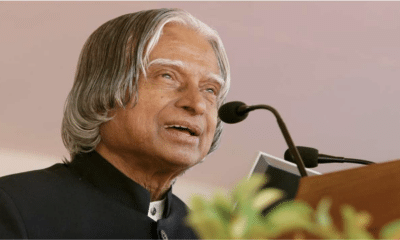Environment
Right interventions and policies could help India decarbonize public transport
India is the world’s fourth largest emitter of greenhouse gases (GHG) from fuel combustion after the United States, China and the European Union. Expectations for rapid growth in population and gross domestic product, along with growing energy needs to sustain these developments, highlight India as of paramount importance for future trends in global GHG emissions. As such the UN Secretary-General Antonio Guterres has singled out the central role of India in the world’s efforts to mitigate climate change.
State governments in India, on their part, are actively looking at tackling air pollution and decarbonizing public transport for good. This is where electric buses come in. In the 2000s, the Delhi-National Capital Region (NCR) took the lead by changing all public buses from diesel to the less polluting compressed natural gas (CNG) fuel.
Rohit Srivastava, vic-president for buses product line at Tata Motors, told The Thirdpole that globally, electric buses constitute the leading segment within the commercial applications, with almost 20% penetration. “Driven by policy promotion and the incentives by the government, the Indian market is also getting through a similar trend as the government is focusing on electrification of public transport, in which e-buses have a significant role to play,” he said.
Rahul Mishra, a partner at management consultancy Kearney India, pointed out that if the objective is to reduce carbon footprint, several technologies are now available. Besides electric vehicles, these include CNG, liquefied natural gas, fuel cells, hydrogen and more. Mishra said that at the end of the day, the technology which will make the most economic sense to deploy in public transport will likely see traction.
Transport is an important part of these considerations, due to its relevance for oil demand and direct emissions, as well as its role as a key facilitator for economic development. It is also responsible for increased energy demand and GHG emissions due to infrastructure construction, vehicle manufacturing and fuel production. Environmental and health impacts of transport also stem from emissions of local pollutants such as NOx and particulate matter. Depending on its modal structure and which technologies are used to propel the vehicles needed to move people and goods, transport is a sector that can lock-in significant emissions into the future, due to long lifespan of vehicles and fuel supply infrastructure.
Also Read: Flipkart strengthens supply chain with 23,000 new hires
Experts say transport technologies have a central role to play in industrial development, especially in a context where effective decarbonization necessitates coordinated actions across different sectors. Transport decarbonization policies can also help manage fuel oil demand, a priority for the government due to high import dependence.
The post-COVID world shows there is a huge potential for e-buses, despite people preferring to travel in their private vehicles. A survey by Lithium Urban Technologies shows the appeal of sustainable mobility services is at an all-time high. It highlights promising sustainable mobility experiments in Bangalore. And over the past couple of years, India has developed several energy efficiency flagship programmes in the framework of its National Mission on Enhanced Energy Efficiency, although these focus on the industry and business sectors. The government has already undertaken an ambitious journey to electrify its vehicle fleet.









































Pingback: Dramatic rise in online shopping amid second wave of COVID-19: Accenture Survey | The Plunge Daily